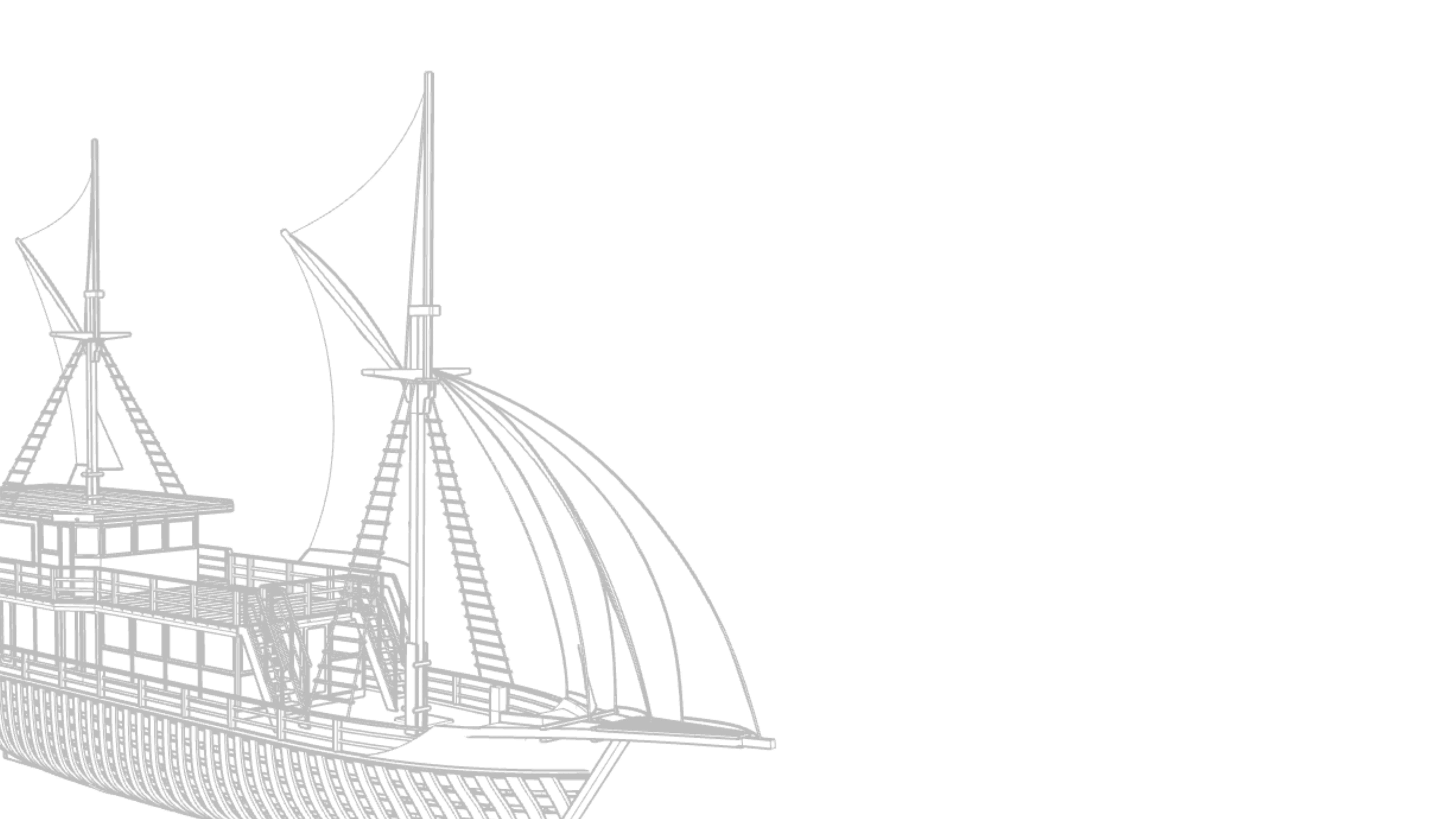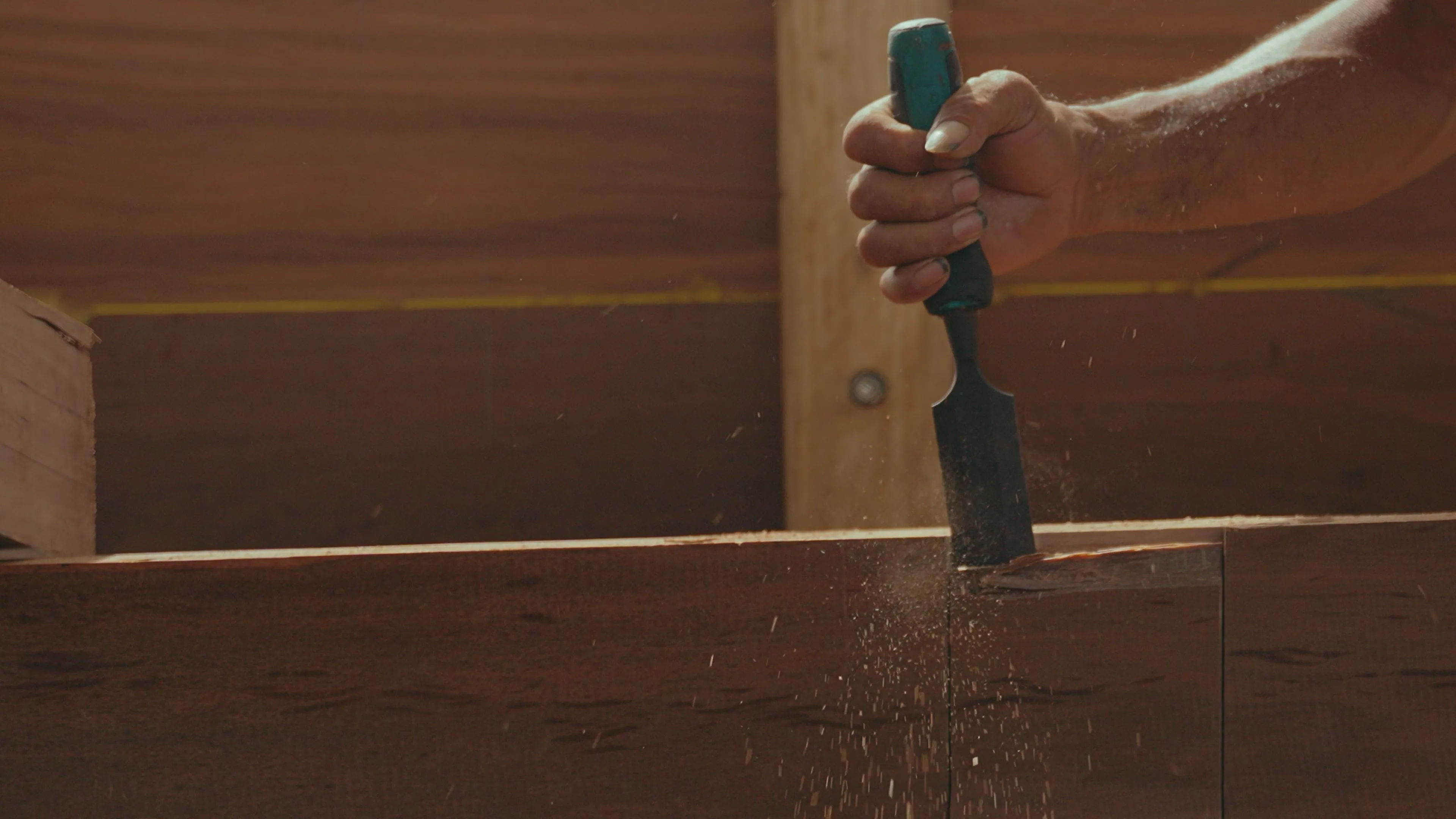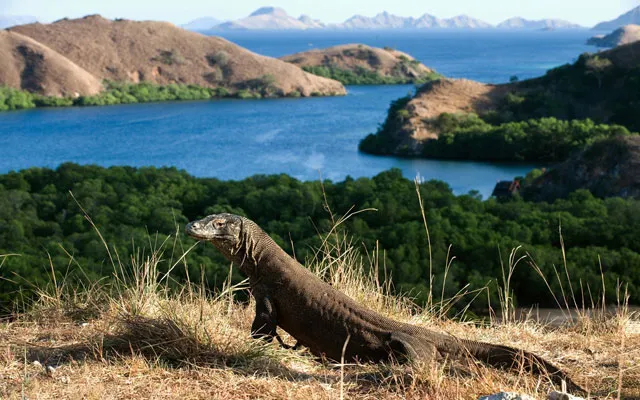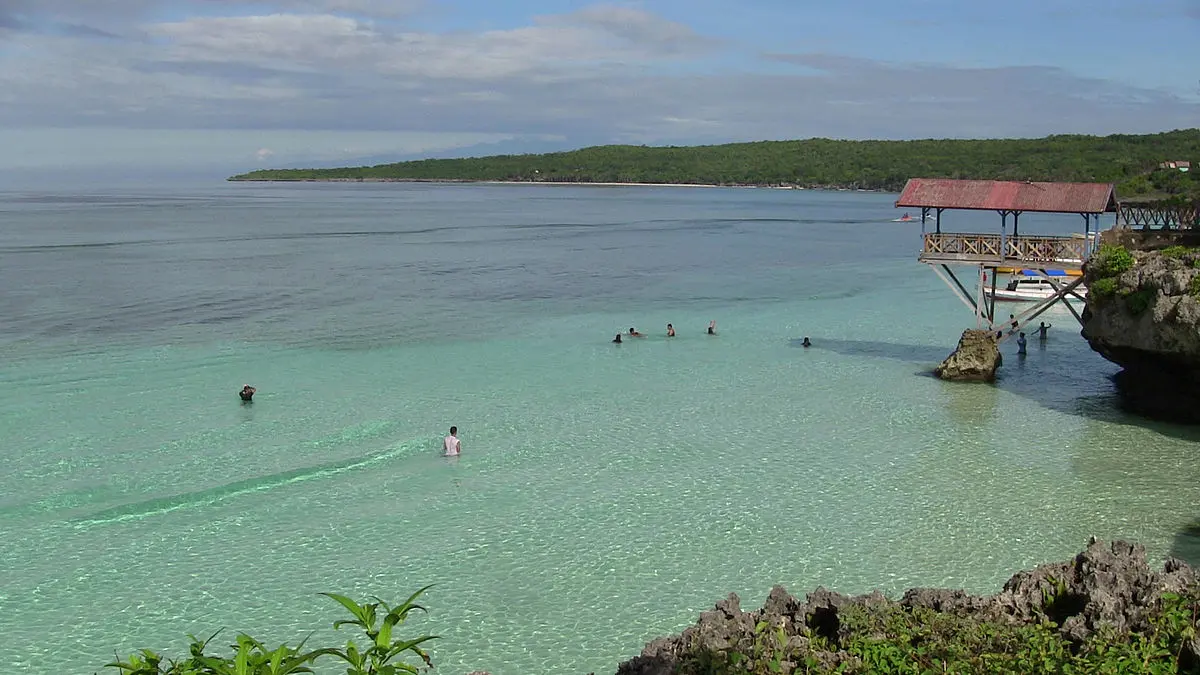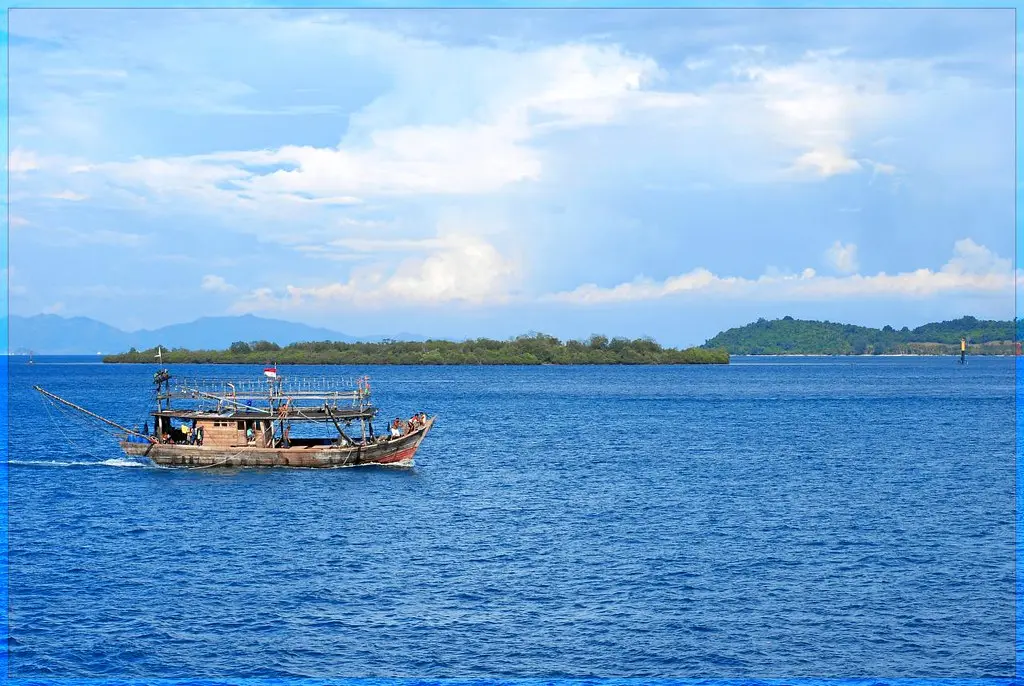10 Unique Bajau Tribe Facts About How They Live at Sea
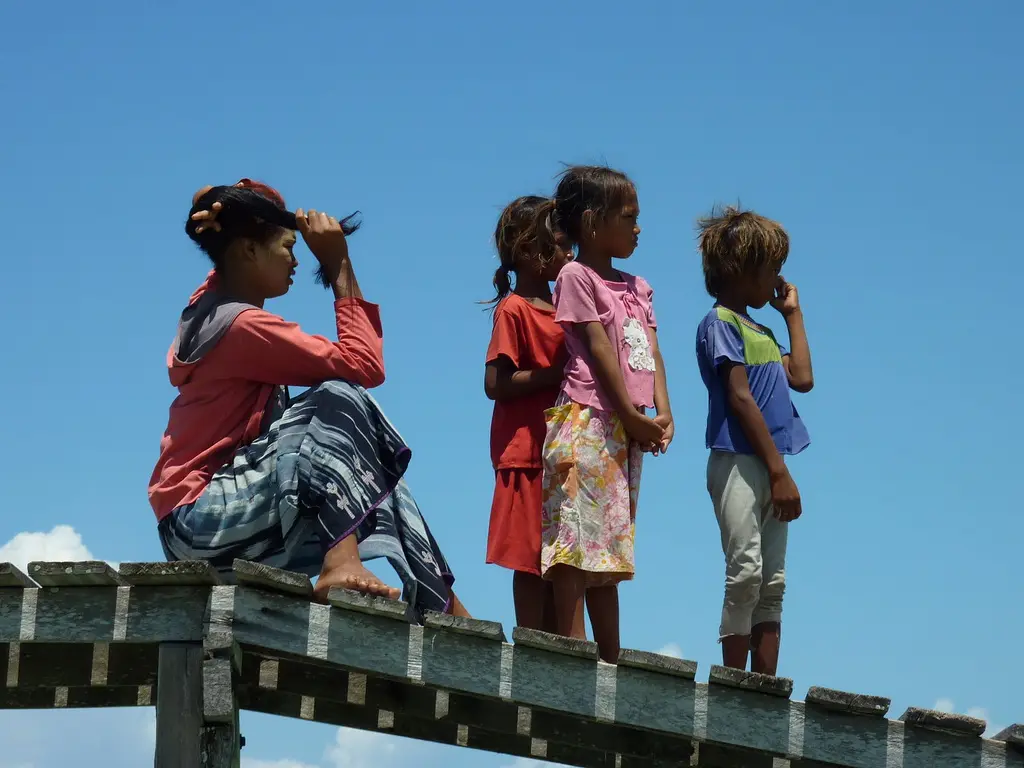
Bajau tribe facts reveal a fascinating way of life shaped entirely by the sea. Known as the “sea nomads” of Southeast Asia, the Bajau people have lived for generations on houseboats or stilt homes, spending most of their lives in and around the ocean. Their unique skills, traditions, and relationship with the sea offer a rare glimpse into a culture built on water.
Curious to learn more about how they survive and thrive on the waves? Let’s dive into these unique Bajau tribe facts below!
Read Also: The History of Phinisi: World-Class Cultural Heritage of Bulukumba
10 Unique Bajau Tribe Facts That Will Make You See Life at Sea Differently
The Bajau tribe, known as the “sea nomads,” have lived on the ocean for centuries. With floating homes, deep diving skills, and sustainable traditions, their way of life shows how humans can truly adapt to the sea. Curious? Let’s dive in!
1. They Live Entirely on the Sea
Unlike most communities that rely on the land, the Bajau make their home directly on the water. Traditionally, they lived aboard boats called lepa-lepa, which served as their homes, kitchens, and shelters all at once.
Today, some have transitioned to stilt houses built over shallow coastal waters, but many still live on boats for most of their lives. Their mobility allows them to move with the seasons, follow fishing grounds, and remain close to their life source: the ocean.
2. Children Swim Before They Walk
Growing up in a Bajau community means learning to swim almost as soon as you learn to breathe. Children play, bathe, and even help with fishing from a very early age. Swimming becomes second nature, and the sea becomes as familiar as land is to others.
The ocean is their playground, classroom, and grocery store all at once—a place they’re comfortable and confident in from the start.
3. They Are Among the Best Free Divers in the World
Bajau divers are known globally for their incredible ability to dive to depths of over 20–30 meters (up to 100 feet) using no breathing apparatus at all. They can stay underwater for several minutes while spearfishing or gathering sea cucumbers on the ocean floor.
What’s more, they do it daily as part of their livelihood. This exceptional skill is not just learned—it’s inherited and trained from childhood, passed down through generations.
4. Their Bodies Have Adapted to the Ocean
Amazingly, scientific studies have shown that the Bajau have biologically adapted to their marine lifestyle. Research published in Cell journal discovered that Bajau individuals tend to have larger spleens than average people.
The spleen stores oxygen-rich red blood cells, and during a dive, it contracts to release more oxygen into the bloodstream—allowing Bajau divers to stay underwater longer. This is a rare example of genetic adaptation in a modern human population.
Read Also: Best Ways to Get to Komodo Island from Singapore
5. Fishing Is at the Heart of Their Economy
For the Bajau, fishing isn’t just a job—it’s a way of life. Every day, they catch fish using traditional spears, nets, or traps. They specialize in hunting reef fish, sea cucumbers, lobsters, and octopuses.
Most of what they catch is used to feed their families or sold in nearby coastal markets. Because of their deep knowledge of marine habitats, they often know where to fish based on seasons, tides, and underwater topography.
6. They Navigate the Seas Without GPS
Even before the invention of compasses or digital maps, the Bajau could find their way across the vast archipelagos. How? By using their intimate knowledge of the sea—reading the stars, wave patterns, wind directions, bird movements, and even the color and temperature of the water.
This traditional ecological knowledge allows them to safely navigate between islands over long distances without modern tools, just as their ancestors did.
7. They Practice Sustainable Marine Living
The Bajau’s dependence on the sea has taught them to fish with care. In many communities, they follow sustainable fishing customs like rotating fishing areas, avoiding juvenile fish, and taking breaks during spawning seasons.
While modernization has disrupted some of these practices, many Bajau still respect ecological boundaries passed down by elders. These traditions not only ensure long-term survival but also protect marine biodiversity.
8. Knowledge Is Passed Down Orally Through Generations
With limited access to formal education or written language, the Bajau rely on oral storytelling and hands-on learning to pass on knowledge. Children learn by watching their parents dive, navigate, or build boats.
Elders serve as the cultural archive, sharing stories, songs, and customs that guide the tribe’s values and beliefs. This oral tradition helps preserve their identity and cultural wisdom, even as the world around them changes.
9. The Ocean Holds Spiritual Significance
For the Bajau, the sea isn’t just a source of food—it’s sacred. Many communities believe the ocean is inhabited by spirits that must be respected and appeased. Ceremonies are held to bless fishing trips, honor ancestors lost at sea, or launch new boats.
These rituals reflect a worldview in which nature, humanity, and the spiritual realm are deeply connected. Their respect for the sea goes beyond survival—it’s spiritual and emotional.
10. They Face Modern Challenges to Their Way of Life
Despite their rich cultural heritage, the Bajau face increasing threats. Climate change, coral reef degradation, and forced resettlement policies are putting pressure on their lifestyle. Some governments see their nomadic life as outdated and seek to settle them on land, disrupting traditions that have existed for centuries.
In addition, overfishing by commercial fleets has made it harder for Bajau communities to sustain themselves. Their resilience is inspiring, but their future depends on recognition, respect, and inclusive conservation efforts.
Read Also: The Timeless Elegance of the Indonesian Phinisi: Where Heritage Meets Luxury
The Bajau tribe’s way of life offers a rare and inspiring glimpse into how humans can coexist in harmony with the sea. Their traditions, diving skills, and sustainable practices not only preserve a unique culture but also remind us of the deep bond between people and nature. If you’re eager to witness this seaborne heritage up close, there's a way to experience it responsibly and respectfully.
Explore Bajau Culture with Riara Marine
Riara Marine invites you to discover the rich maritime heritage of Indonesia through authentic and respectful encounters. As part of our cultural immersion experiences, you’ll get the chance to observe traditional sea-based lifestyles like that of the Bajau, visit coastal communities, and even learn directly from local artisans and boatbuilders.
Why choose Riara Marine?
- Ethical & Community-Based Tourism: We work closely with local communities to ensure tourism supports—not disrupts—their way of life.
- Authentic Maritime Experience: Our tours go beyond sightseeing. You’ll experience the stories, skills, and spirit of Indonesia’s seafaring legacy.
- Hands-On Exploration: Join our Boat Construction Workshop or sail aboard a traditional Phinisi to deepen your understanding of this remarkable culture.
Ready to experience life at sea through the eyes of the Bajau? Contact Riara Marine and start your meaningful maritime journey today.
